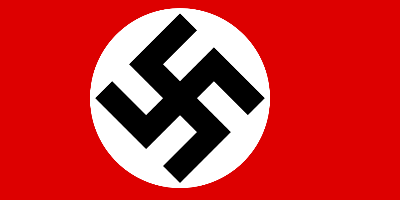The Second Interwar Period (may 3, 1939 – may 20, 1941)
Description:
After dealing with the Allies for the time being, Hitler shifted his attention to what he believed was Germany's one true enemy: the Union of Soviet Socialist Republics.While the Molotov-Ribbentrop pact stipulated that both sides would commit to a non-aggression pact for ten years - despite German suggestions that it should be extended to a century - neither side trusted the other to do so. Hitler understood from the beginning that once the west had been dealt with, his priority would shift to the Soviet Union - the war in the west simply ended faster than he had planned.
Joseph Stalin, however, realised that German rhetoric of peace was never meant to endure, and Hitler's first book, Mein Kampf, implied that Germany's new leadership was unconcerned about Russia's and the Soviets' claims to the eastern parts of Europe.
Furthermore, National Socialism arose as a response to the international Marxist movement, and he firmly opposed their international theory - war against this so-called "Judeo-Bolshevism" was inevitable; it was only a matter of when for Stalin. In a delusional manner, Joseph Stalin felt that if the Germans did invade, the Red Army would be capable of opposing and even defeating the Wehrmacht, and as a result, he persisted with his policy of purging allegedly anti-Stalinist members of the armed forces. However, Hitler was aware that the German Army was not yet prepared to invade the USSR, and that the Soviet policy of the Great Purge and overall lack of preparation had rendered the USSR vulnerable.
Added to timeline:
Date:
may 3, 1939
may 20, 1941
~ 2 years
